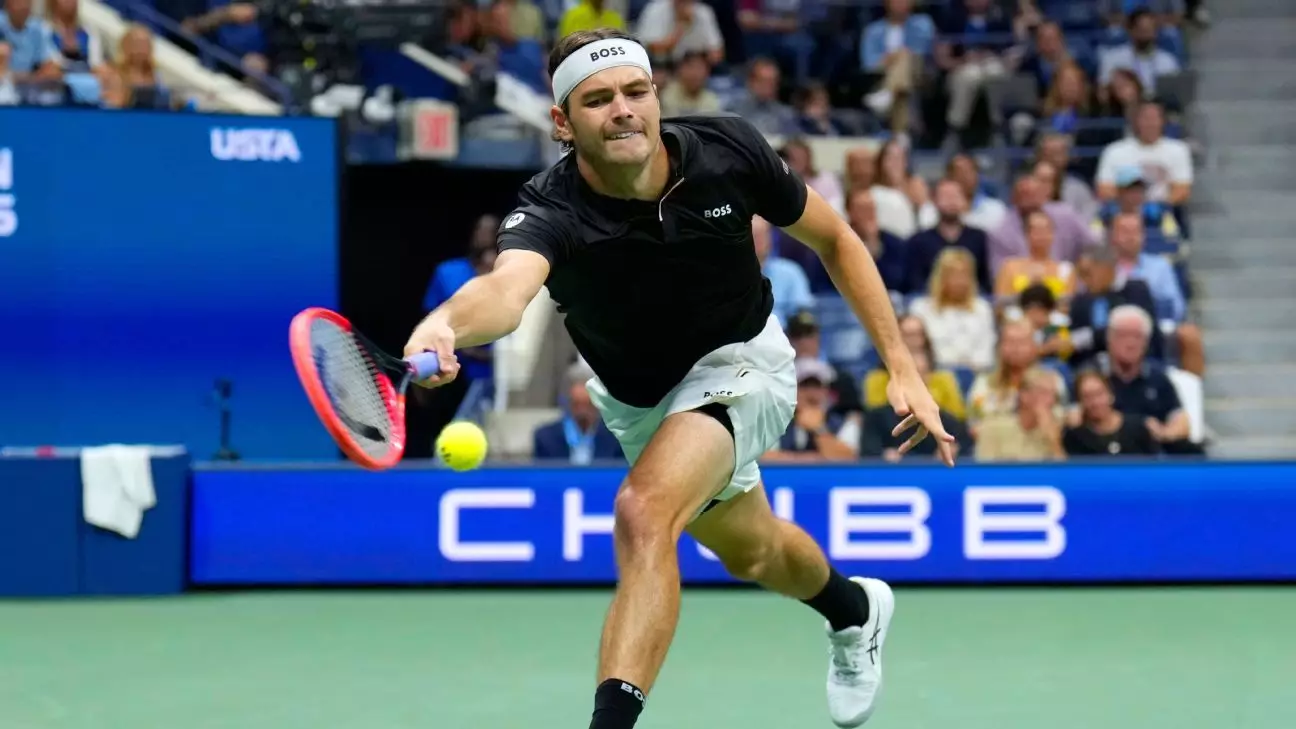The announcement by the International Tennis Federation (ITF) to permit off-court coaching from January 2025 has thrown the tennis community into a frenzy of debate. Ranked as the World No. 6, Taylor Fritz has been vocal about his disapproval, arguing that this rule change undermines the core essence of tennis—a one-on-one battle of skill, strategy, and mental fortitude. This modification is expected to transform not just the dynamics of play but also the spectator experience, raising questions about the authenticity of the sport.
As stated by the ITF, one of the reasons behind this decision is the belief that off-court coaching will render the game „fairer“ and possibly more engaging for fans. While it’s understandable that the governing body aims to enhance the sport’s appeal, one must ponder at what cost? The essence of tennis has traditionally revolved around an individual’s ability to navigate challenges independently. Fritz’s lamentation of the dilution of the „1v1 mental/strategic aspect“ highlights a critical aspect of competitive sports—individual brilliance.
- The introduction of coaching from the sidelines during play has the potential to alter strategic maneuvers that players have historically had to navigate alone, akin to inserting a lifeline into a solo expedition.
- Furthermore, blending in external guidance can create an uneven playing field, where seasoned players with extensive coaching networks might have a distinct advantage over others.
The disharmony in opinions is further echoed by former world No. 10 Denis Shapovalov, who laments the deviation from tennis’s unique allure. He articulates what many purists feel: that the beauty of the sport lies in its solitary nature. The vision of athletes battling it out without the influence of external guidance has defined tennis for generations. With the advent of real-time coaching, this vision could become a relic of the past.
Even though ITF senior executive director Stuart Miller insists the decision emerged from extensive stakeholder consultations, including players and coaches, it seems the voices of dissent spotlight a concerning disconnect. The very fabric of competitive tennis might be altered in an effort to enhance engagement, but at the risk of alienating traditionalists who cherish the sport’s existing charm.
As tennis stands on the cusp of a significant transformation, it is essential to deliberate on the broader implications. While off-court coaching could indeed make matches more entertaining for certain demographics and potentially help player development, one can’t help but question whether this is the right step for a sport steeped in tradition. As the ITF embraces this radical change, players and fans alike will need to grapple with this juxtaposition—whether the enhancement of entertainment value justifies the possible erosion of what makes tennis, well, tennis.
Ultimately, as the 2025 implementation date draws nearer, the tennis community must engage in ongoing discussions to ensure the essence of the game is not lost in the pursuit of modernization. The joy of witnessing raw talent and strategy clash on the court may just hang in the balance.


Napsat komentář